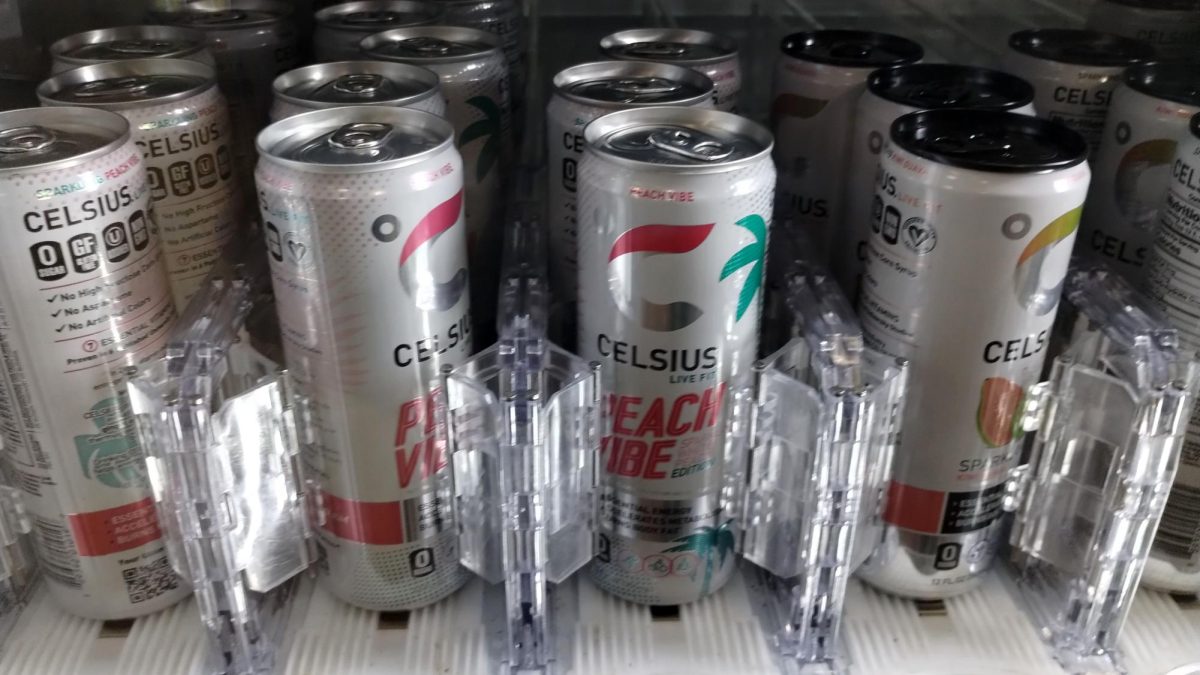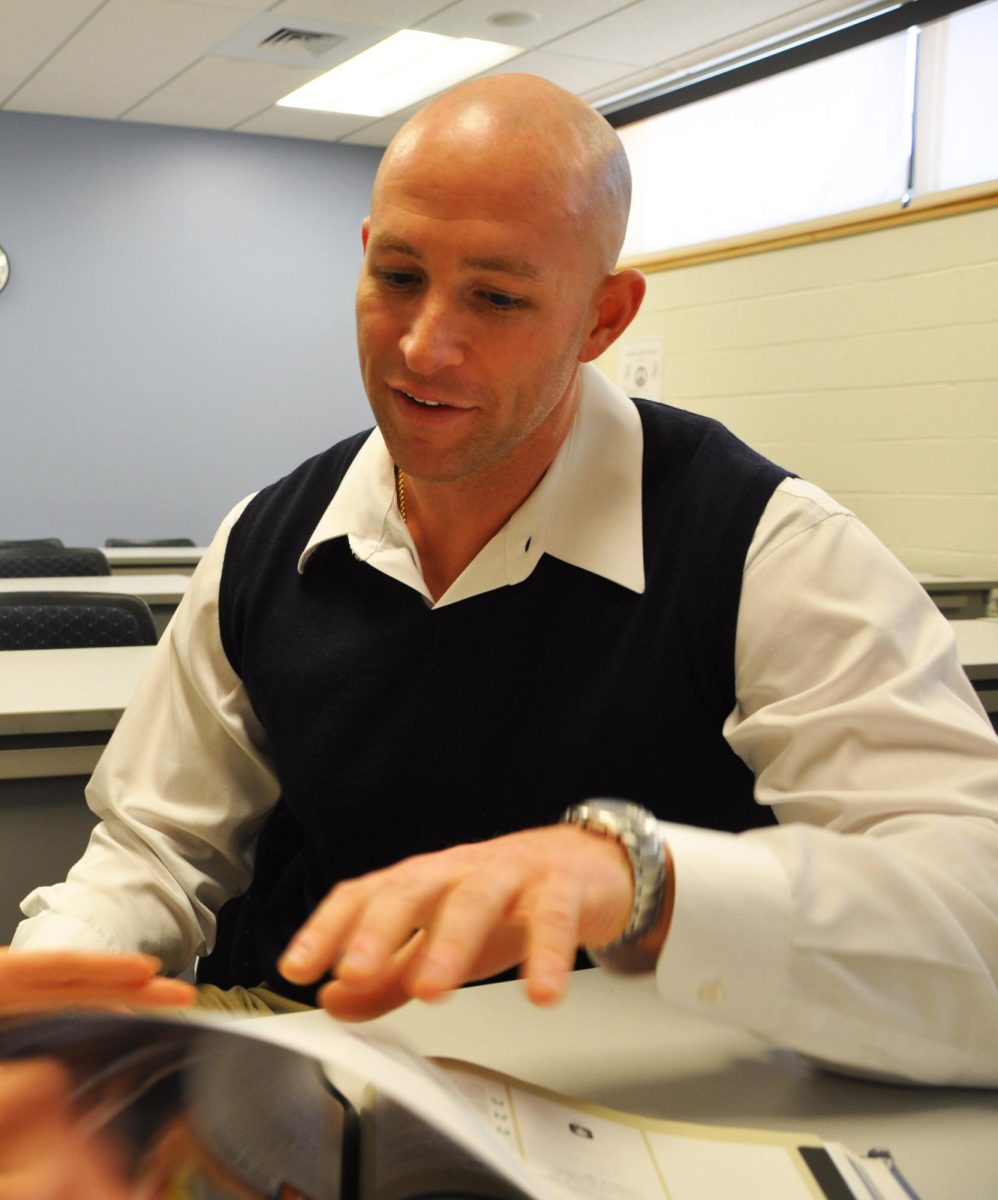The C of the energy drink Celsius has surged on campus and at colleges around the country.
Hawk’s Nest Grill & Deli, Subway and vending machines around campus sell Celsius, which contains twice as much caffeine as a cup of coffee and is branded as a “fitness drink.”
First-year communications student Haley Pogue said Celsius helps keep her awake during classes.
“I found, like, [other energy drinks] don’t last,” Pogue said. “Like, it’s not, like, sustainable. It’s kind of just like I’ll have energy for, like, an hour. … [Celsius] helps [keep me awake], I think, for a few hours.”
Sales by the company that makes Celsius rose by 111.58% between 2022 and 2023, according to investment research site Macrotrends. But the drink, which comes in 12 flavors, has come under fire for the 200 milligrams of caffeine per can, which some health officials say can cause heart and liver problems in regular drinkers.
In fact, the National Collegiate Athletic Association forbids college athletes from drinking Celsius because it contains stimulants that could be considered as performance enhancing.
“Celsius gets me, it gets me shaken a little bit,” Hailey McDonald, first-year biology student, said.
Nutrition professor Karen Israel said students who are sensitive to caffeine could have a bad reaction to Celsius and other highly caffeinated drinks.
“Some people are sensitive and they feel rapid heartbeat, or they can’t sleep,” said Israel, who added she does not consume energy drinks. “And so, you know, to me, those are effects that make this not worth taking. … I don’t recommend people consume them.”
First-year teacher education student Laici O’Neal said her parents took those warnings seriously.
“My parents are like … you got to stop, but I have an 8 a.m. class, so I can’t,” O’Neal said. “[I’m drinking] Red Bull, Green Edition. … I get a headache if I don’t have caffeine.”
Other students agree that it would be hard to give up their energy drinks.
According to the public relations publication Platform, Celsius started targeting 18- to 24-year-olds during the pandemic, saying it increases metabolism, muscle mass and cardio health.
“I like that they’re zero sugar and have a good amount of caffeine,” McDonald said. “It’s nice to have a low-sugar option, especially because most energy drinks have a ton of added sugar.”
Some students said they drink Celsius because it’s convenient to buy it on campus.
“It’s the only [energy drink] in the vending machines,” second-year communications student Simone Francis said. “And it’s like $6 cheaper than coffee.”
Celsius energy drink popular on campus
Celsius is a favorite energy drink among AACC students.
Mischa Green, Reporter
December 7, 2023
0









